Naim Qassem, the new head of Hezbollah, gave a speech in Beirut in which he defiantly rejected appeals from all across the world for his group to disarm. He claimed that the organization will keep its weapons until Israel leaves southern Lebanon totally and maintains the truce that went into force in November 2024. "This (Israeli) threat will not make us accept surrender," Qassem added, commencing what appears to be a long diplomatic standoff with huge repercussions for stability in the area.
The Major Players
The US, through envoy Thomas Barrack, has given Lebanon a precise plan that says Hezbollah must completely disarm by the end of 2025 in exchange for a stop to Israeli strikes and the withdrawal of Israeli troops. The plan calls for gradual disarmament, economic reforms, and better relations between Lebanon and Syria. Barrack told Lebanon to react by July 1 so that the plan could be fully carried out by November.
But Qassem's stance shows how bad things are for Hezbollah following the 2024 conflict with Israel. The war made the group very weak; it killed thousands of fighters, broke most of its weaponry, and overthrew its Syrian ally Bashar al-Assad. Hezbollah still says that disarming on its own would put Lebanon's security at jeopardy, especially because Israel is still carrying out operations and terrorists in Syria are still threatening the region.
Hezbollah is under more pressure than ever from a lot of different places right now, which is why this impasse is unfolding. This could either lead to a big step forward in Middle Eastern diplomacy or a terrible escalation that threatens the fragile peace. The Lebanese Army's strict adherence of the November 2024 ceasefire deal might be the most notable thing that has happened in this crisis. In the past, the military usually stayed out of the group's way. But for the first time in years, the Lebanese military has taken a serious stand against Hezbollah's military infrastructure.
The Lebanese government is now more assertive in other areas besides military enforcement. President Joseph Aoun has said publicly that he wants to put all firearms under state control. This is an unusual and brave stance that is far different from how previous Lebanese leaders have acted. To avoid social unrest, Aoun has even offered to integrate vetted Hezbollah fighters individually into the Lebanese Army, rather than maintain separate forces
What’s Next?
Hezbollah won't totally disarm because it believes it can't for security and strategic reasons. The group has considered giving up some of its missiles and drones, but it wants to keep at least the lighter weaponry and anti-tank weapons for self-defense. Hezbollah believes that Israel's ongoing "aggression" and the threat of Islamists in Syria make it necessary to keep certain military capabilities.
The group is losing political authority and money due to tougher Lebanese security and Israeli attacks on its financial networks. It is also getting less money from Iran. These problems have made it considerably tougher for Hezbollah to sustain its military strength, which has made it easier for diplomacy to move forward.
But what Israel does makes things more difficult. Israel keeps troops in five important places in southern Lebanon for security reasons. Hezbollah uses this to justify keeping weapons. Ongoing Israeli strikes, which they say are in response to truce violations, keep the situation unstable and could lead to more fighting.
The United States is leading the way in putting a lot of pressure on the world to fully disarm Lebanon before it can get help with rebuilding and making its security situation normal again. Foreign funding for rebuilding Lebanon depends on progress toward disarmament and state control over weapons, which gives people more reasons to find a solution.
The stakes go far beyond Lebanon's borders. The result of this stalemate will decide if the area becomes more stable or goes back to fighting. If it works, the approach could be used as a guide for dealing with other cases where non-state armed organizations are involved. If it fails, it might cause more violence and make an already unstable region even more unstable.
In the end, the way forward hinges on cautious diplomacy that meets Hezbollah's security needs while also respecting the demands of the international community for Lebanese sovereignty. It will probably take a long time and depend on political negotiations, more Israeli retreats, and international guarantees. In the next several months, we'll find out if this extraordinary pressure on Hezbollah will lead to the breakthrough that Middle Eastern diplomacy has been looking for for decades.



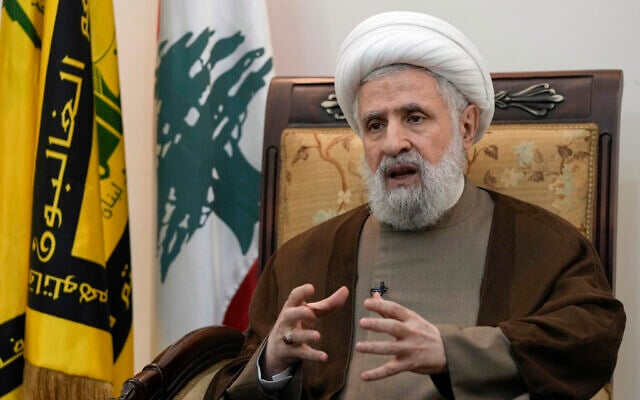
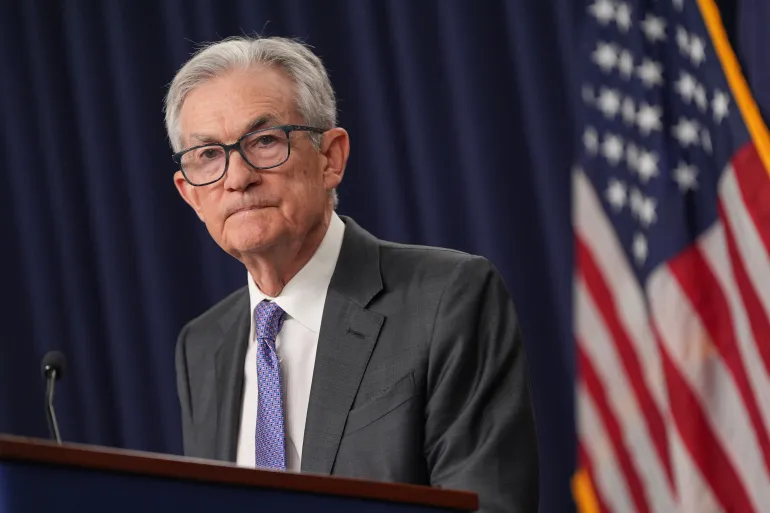
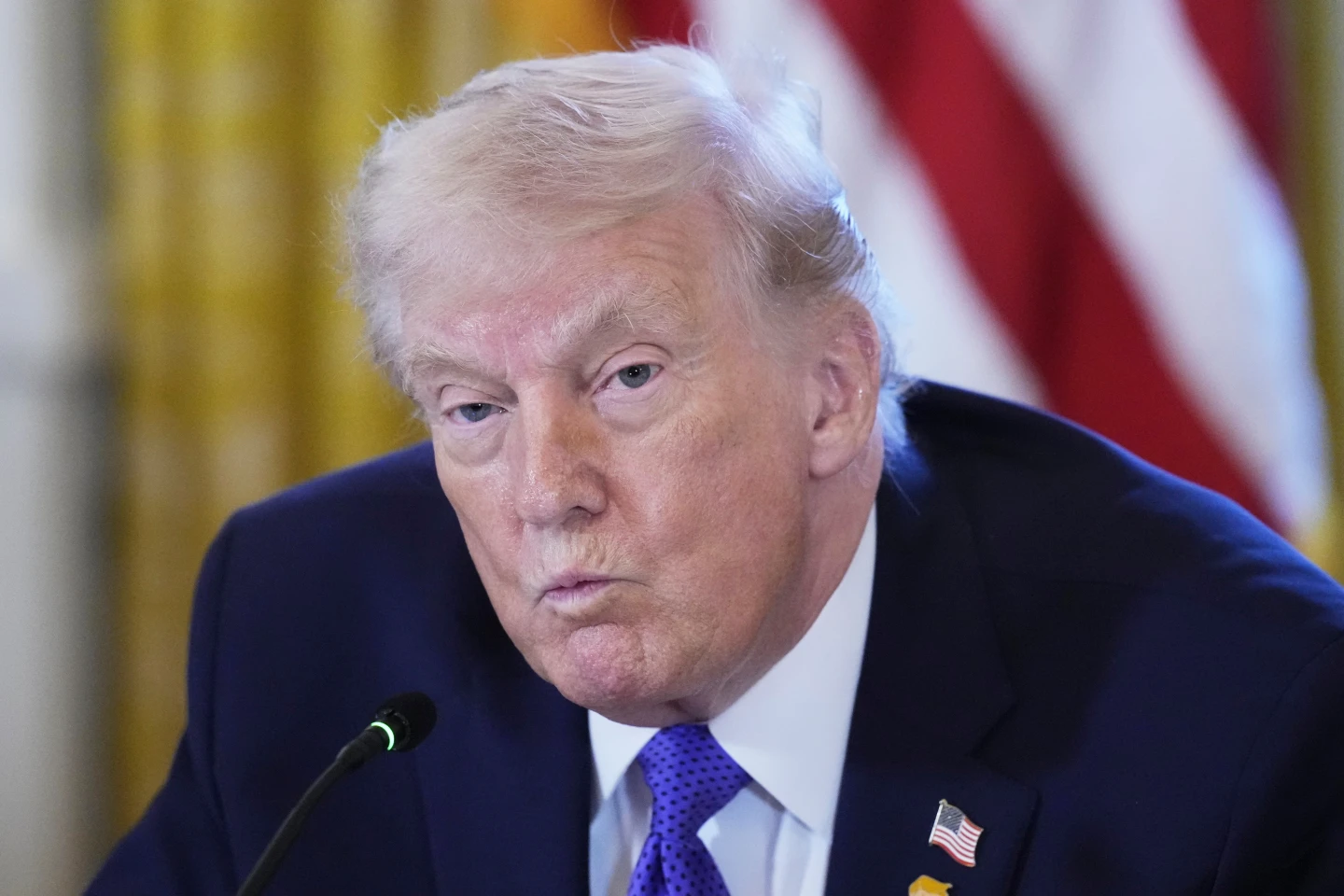
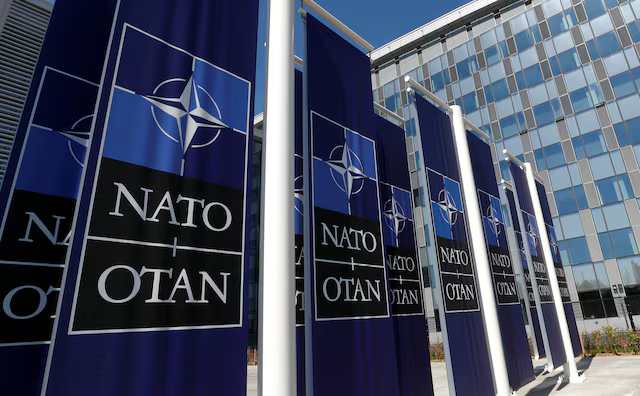
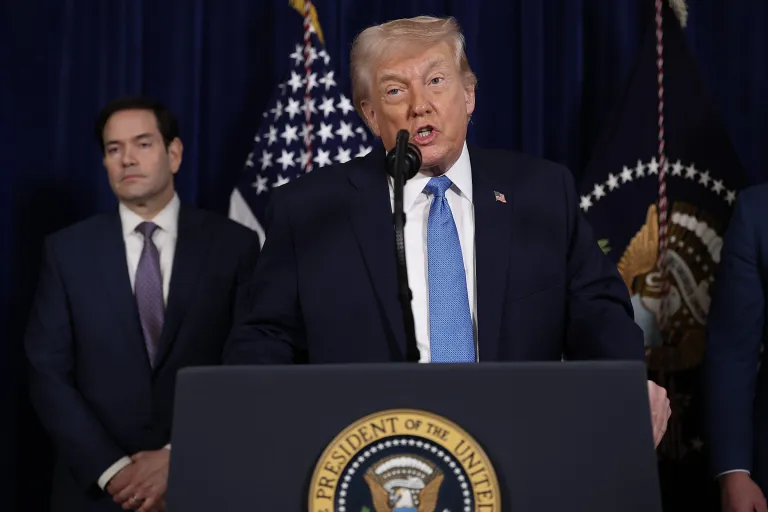
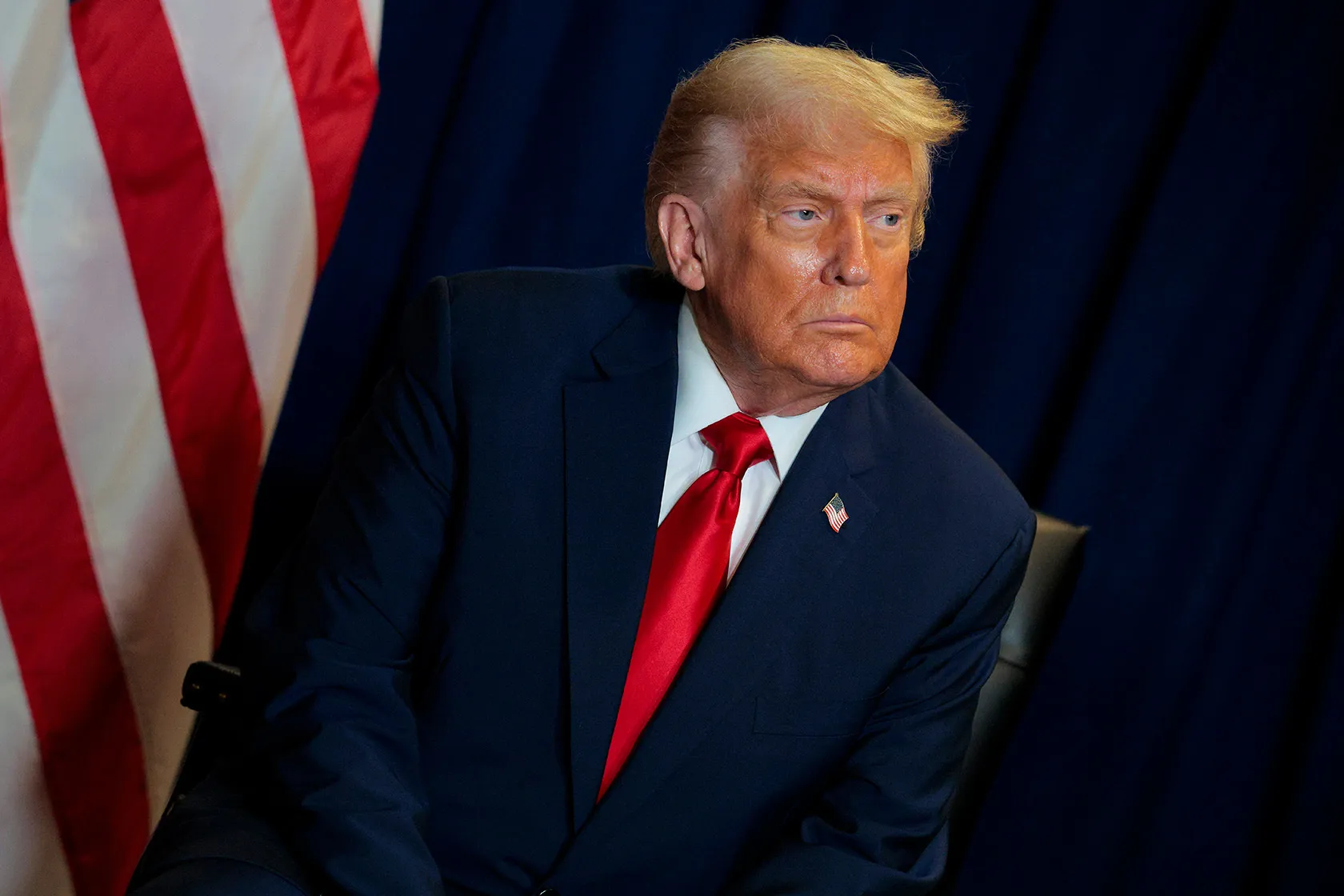
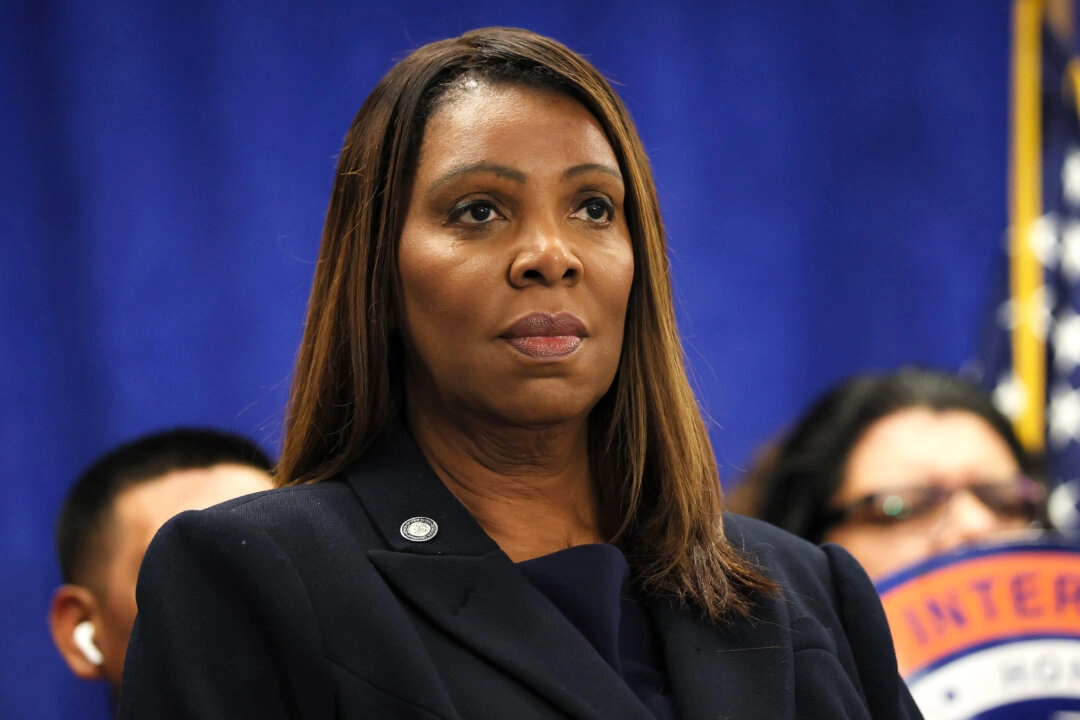
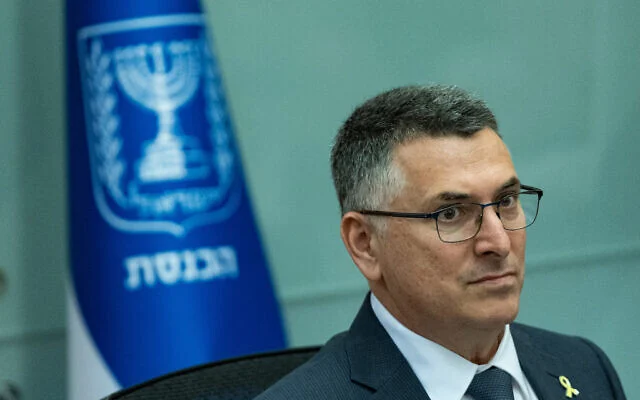
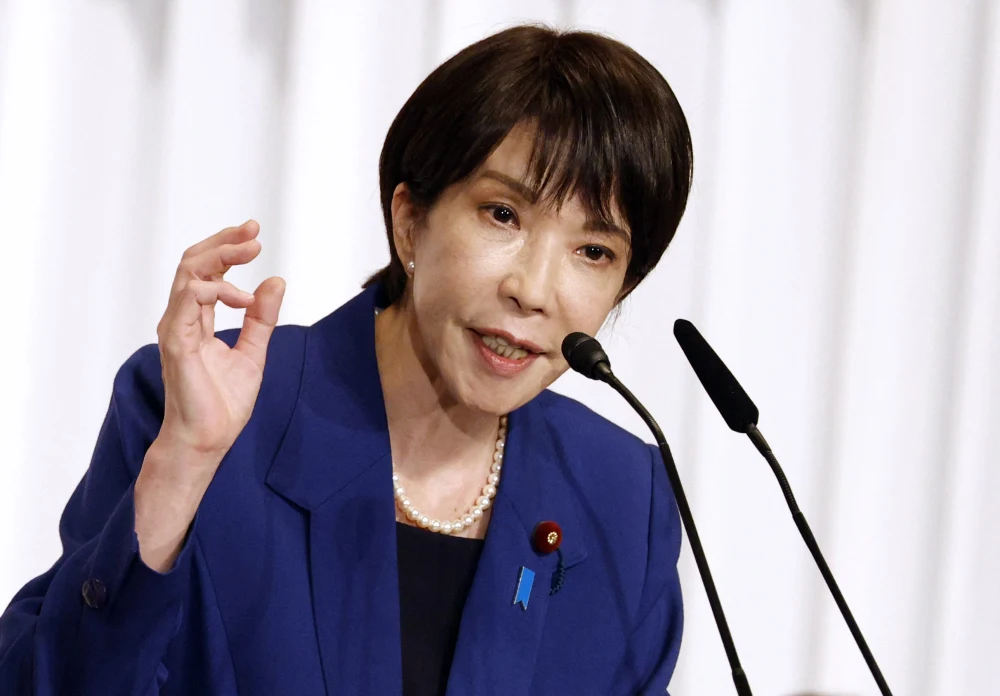
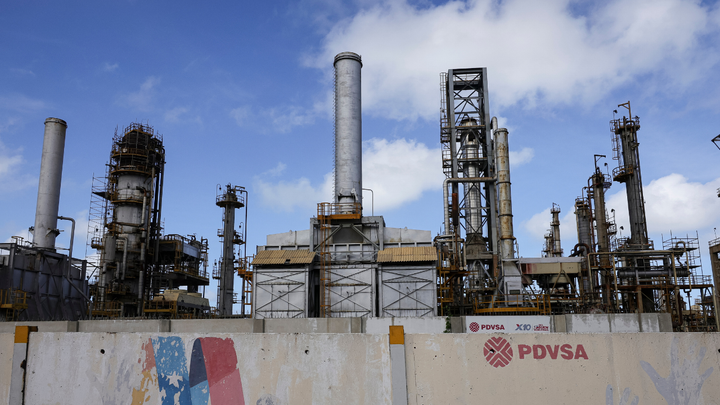
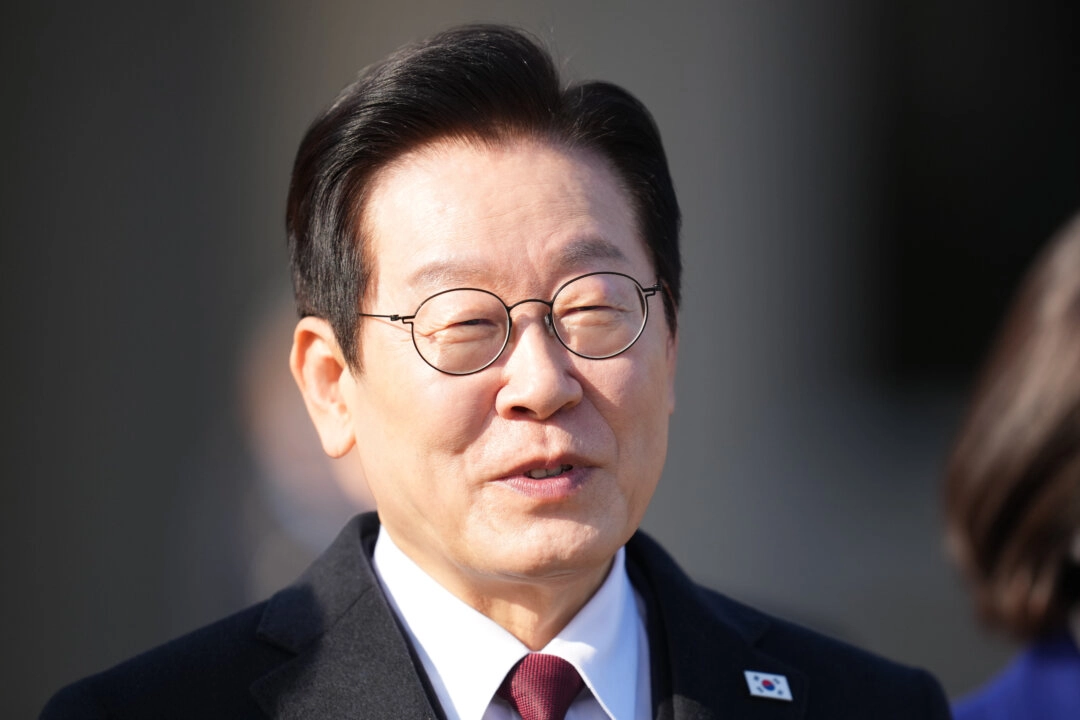
Discussion